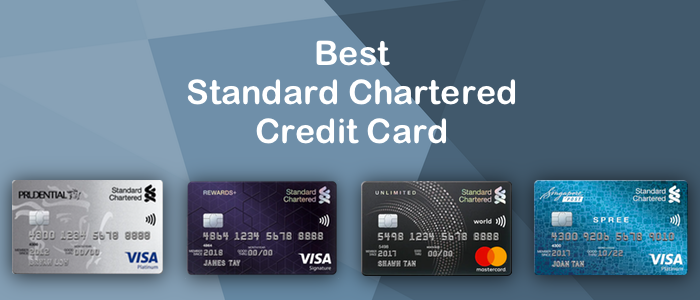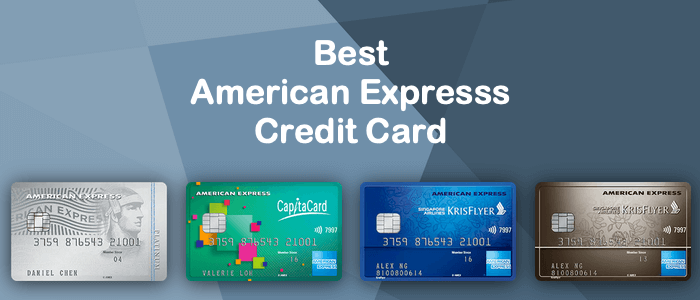
A Poor Credit Score Can Hurt You More Than You Think
Most of us may not even think about our credit score until we face a rejection for a loan application. For those of us who have been reckless with payments, delaying payment of bills or perhaps cancelling a credit card while there are still outstanding balances, you might be in for a rude shock years down the road that every single credit payment history you have is actually recorded and centralised.
Maintaining a good credit score is important in several ways – it allows banks to assess your creditworthiness when you want to qualify for a loan or credit line, and potential employers (especially in the financial industry) may carry out checks on your credit history as well.
In Singapore, the Credit Bureau Singapore(CBS) is the organisation in charge of consolidating your credit score. You can buy a copy online for $6 + GST, or you can request for a free copy if you’ve applied for a new credit facility with any of the participating member banks from 1st April 2016.
Your Credit Score
After pulling all relevant information from the banks and financial institutions where you have a credit facility, you’ll be assigned a credit score. A credit score is a number used by lenders as an indicator or how likely you may go into default if they extend a credit line to you.
The score ranges between 1000 to 2000, with the former being the most likelihood to default and 2000 being the highest risk grade. Do note that your credit score is not the only factor that the bank will look at to assess your creditworthiness. There are also other factors such as your annual salary, length of employment, number of credit facilities you current possess, as well as any litigation information available.
How Can You Improve Your Credit Score?
To bring up your credit score to an AA (or close to it), you should do the following:
- Repay all loans and bills on time
- Reduce your credit exposure
- Use credit facilities in moderation
- Avoid making multiple credit enquiries within a short timeframe
- Take on some credit in order to establish some credit activity
1. Repay All Loans and Bills On Time
This is one of the most obvious reasons for a bank to deny you any credit facilities. If you often make late payments on your loans or outstanding credit card bills, you can be sure that this is considered a form of credit delinquency. For credit card payments, you need to at least pay the minimum amount required each month, although it’s of course best to repay the entire bill at the end of the month to prevent a rollover of interest and balances into a never ending cycle of debt.
2. Reduce Your Credit Exposure
Credit exposure refers to the total amount of credit extended to a borrower by a lender. If you have multiple credit lines and loans, you will be deemed to have a higher default risk by the bank. You may think that you will not reach a level of high credit exposure, but if you consider having a car loan, a home loan and 4 credit cards, you already have 6 credit facilities extended to you. This could be enough to put you at risk of a loan or credit line rejection.
3. Use Credit Facilities in Moderation
Many credit card holders may have a few credit cards stashed in their wallets due to the ability of these cards to earn you cash rebates, air miles or reward points. However, not everyone will use the full facility of the cards every month. While credit cards are definitely a convenient and useful form of payment, racking up huge balances on your cards every month may not help in improving your credit ratings, even if you clear the bills each month. This is because your credit utilisation pattern will be taken into consideration when it comes to assessing your credit score as well.
4. Avoid Making Multiple Credit Enquiries Within a Short Timeframe
In your zest to secure a credit facility, you may make multiple enquiries to various banks to see if you hit a “jackpot”. Unknowing to you, opening multiple enquiries can make you look like you are desperate for credit. The problem is that each time a financial institution pulls out your credit reports in response to a loan or credit application, an enquiry is placed on your file. With so many enquiries at the same time, your lenders may think that you are trying to take on a few loans at the same time, thus making them wary of your intentions and subsequently lowering your credibility.
5. Take On Some Credit in Order To Establish Some Credit Activity
On the other hand, if you have never had any credit record – no applications for credit cards before, no loans taken, it can affect your credit score as well! This happens as there is insufficient credit activity, so your credit report will most likely show up with no score. While you may not face a problem with a credit card application if you can meet the income requirements, having no credit history at all and trying to take up a home loan worth few hundred thousand of dollars may be a bit more difficult.
What you can do is to build up some credit history by taking up a credit card, using it and making sure you repay the entire balance on time every month. This will help to establish some credit history for you.





